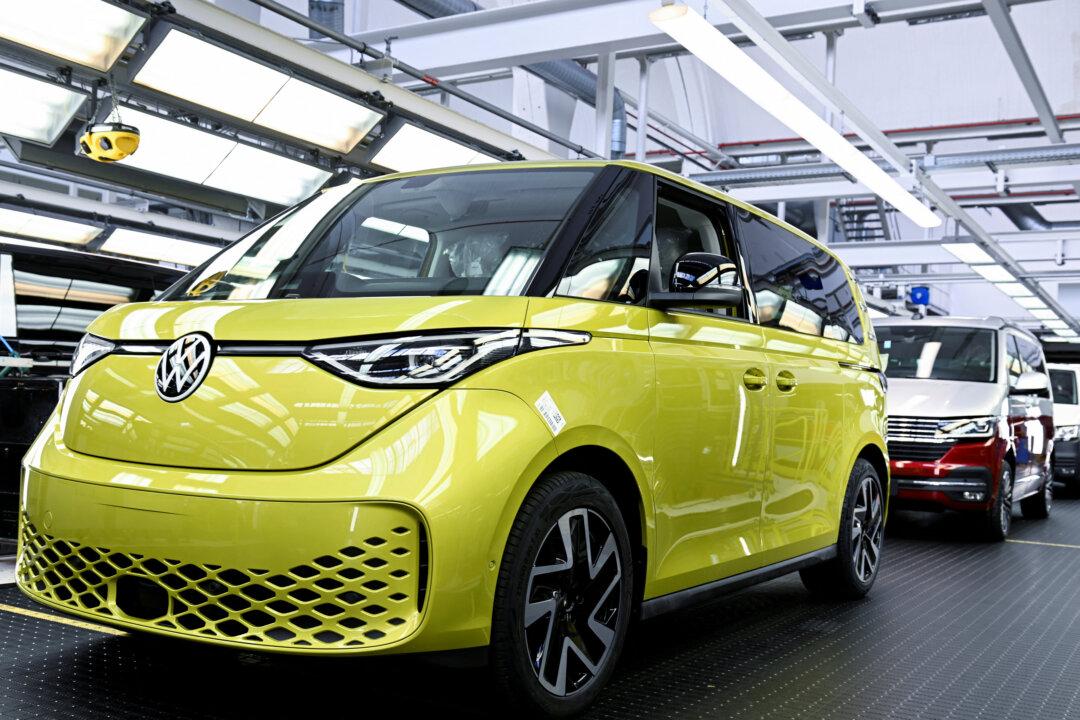Germany has rejected a proposal by the Italian government to bring forward a review of the 2035 ban on the sale of new internal combustion engine cars.
The European Union last year approved a landmark law that bans the sale of new gas and diesel cars from 2035 and requires all new cars to have zero CO2 emissions.





